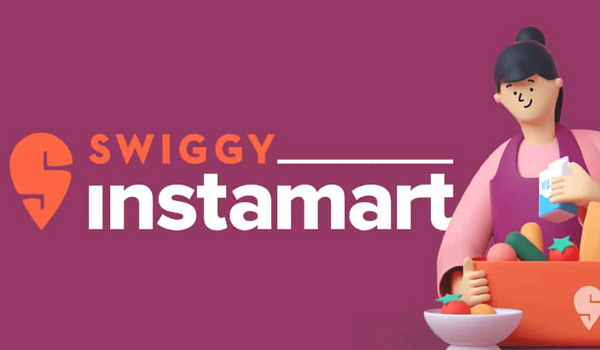Swiggy’s quick commerce platform Instamart, has partnered with Bharat Organics to bring a range of certified organic staples to digital consumers across India’s metros and Tier-1 cities. The collaboration, facilitated by a memorandum of understanding with the National Cooperative Organic Limited (NCOL), marks Bharat Organics’ first large-scale entry into online grocery retail.
Through this tie-up, 21 organic food products—including pulses, spices, cereals, oils, jaggery, and herbal teas—will be made available on Instamart at prices significantly below market rates. For instance, organic tur dal will retail at ₹240 per kg, compared to the prevailing average of ₹290–₹300 per kg.
Each pack will carry a QR code linking to real-time lab test reports, verifying the products as pesticide-free and compliant with over 245 residue benchmarks, setting a new standard for transparency in India’s grocery segment.
Instamart CEO Amitesh Jha said the partnership supports both consumer health and farmer welfare. “It helps us promote healthier living while enabling better market access for India’s organic farming communities,” he said. The initiative also aligns with the government’s White Revolution 2.0 goals to strengthen cooperative farming through sustainable and tech-enabled market access.
Bharat Organics, which follows a farmer-first profit-sharing model where nearly 50% of profits go directly to member farmers, already has a strong offline footprint in Delhi-NCR through 10,000+ retail outlets, including over 300 Safal stores. This partnership marks a major push into digital retail for the cooperative brand.
Ashish Kumar Bhutani, Secretary, Ministry of Cooperation, called the launch a “meaningful step forward” in bridging traditional agriculture with modern retail. NCOL MD Vipul Mittal added that Instamart’s reach and consumer trust make it the ideal platform to connect conscious buyers with clean, lab-tested food.
With rising demand for healthy, traceable food, the Instamart–Bharat Organics partnership aims to redefine how Indian households access and consume everyday staples.


